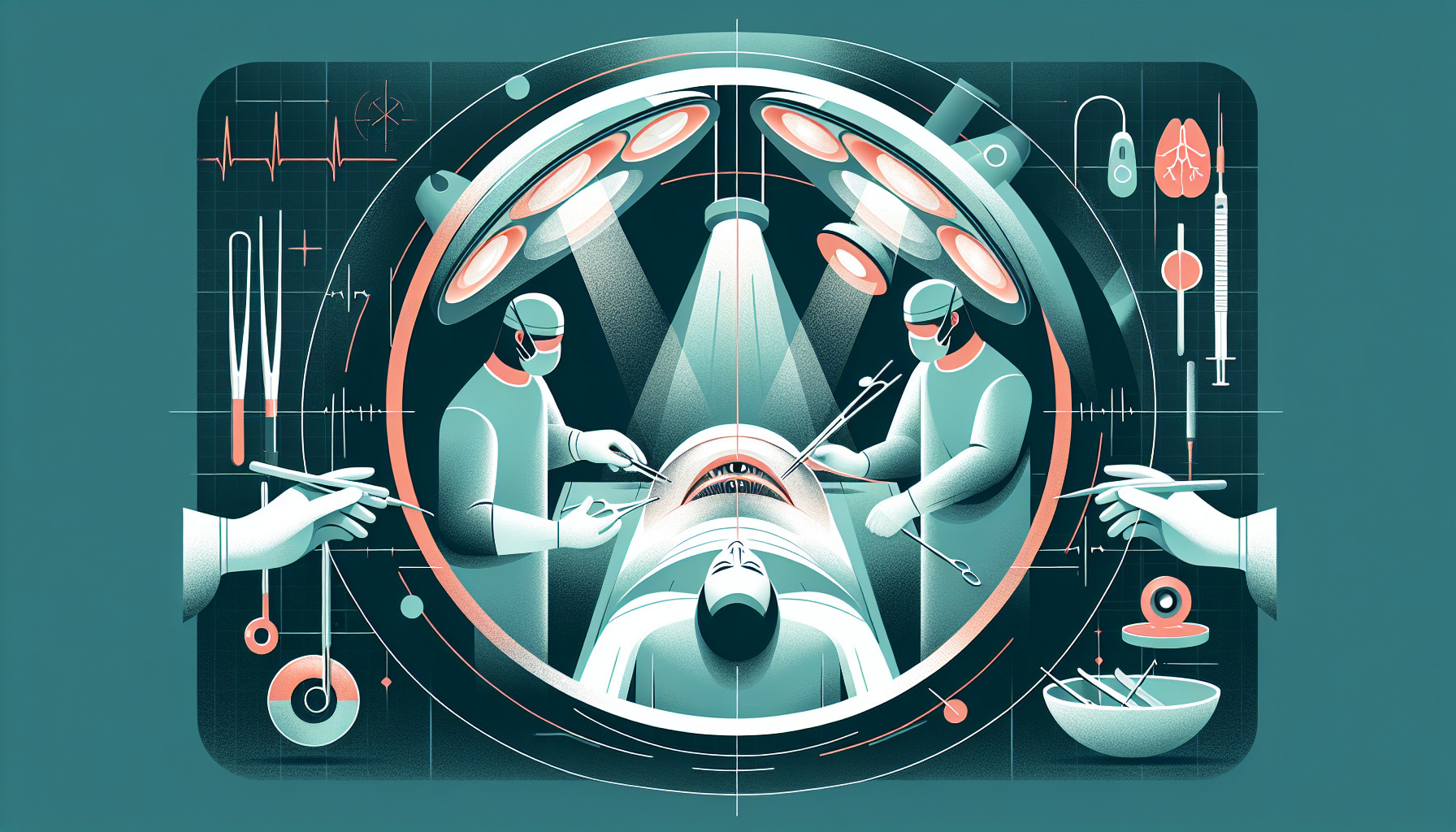Our Summary
This study looked at whether there’s a higher risk of a certain complication (called posterior capsular rupture or PCR) during cataract surgery for patients who previously had a specific type of eye injection (intravitreal injections or IVIs). These injections, which are the most common eye surgery procedure worldwide, deliver medication into the eye to treat various conditions and can include anti-vascular endothelial growth factor (anti-VEGF) and/or corticosteroids.
The researchers looked at cataract surgeries performed between June 2019 and May 2021, excluding any that were combined with other types of eye surgery like glaucoma surgery. They compared the occurrence of PCR in patients who had previously had IVIs and those who hadn’t.
They found that of the 5,813 cataract surgeries they analyzed, about 4.1% of the patients had previously had IVIs. The rate of PCR during cataract surgery was 1.8% overall, but it was 6.7% in patients who had previously had IVIs compared to 1.6% in those who hadn’t. This indicates a higher risk of this complication in patients who have had these injections. Additionally, the risk was even higher in patients who had received both types of medication (anti-VEGF with corticosteroids) in their injections, and in patients who had received 10 or more injections or had their last injection less than 6 months before their cataract surgery.
In conclusion, these results show that if a patient needs IVI treatment before cataract surgery, there’s an increased risk of PCR during the surgery. Therefore, it’s very important to carefully evaluate the cataract and the back part of the lens of the eye (posterior capsule) before surgery.
FAQs
- Is there a higher risk of posterior capsular rupture (PCR) during cataract surgery for patients who previously had intravitreal injections (IVIs)?
- Does the type of medication used in the intravitreal injections affect the risk of PCR during cataract surgery?
- What precautions should be taken for patients who have had IVIs prior to undergoing cataract surgery?
Doctor’s Tip
The doctor may advise the patient to inform their cataract surgeon if they have previously had IVIs, especially if they have received both anti-VEGF and corticosteroids, have had multiple injections, or had their last injection recently. This information can help the surgeon take extra precautions during the surgery to minimize the risk of PCR. It’s also important for the patient to follow all pre-operative instructions and attend all post-operative appointments to ensure a successful outcome.
Suitable For
Patients who are typically recommended cataract surgery include those with significant visual impairment due to cataracts, those experiencing difficulty with daily activities such as driving or reading, and those with cataracts causing glare or halos around lights. Additionally, patients with cataracts that are affecting their ability to work or perform other important tasks may also be recommended for surgery.
However, it’s important to consider the risk factors for complications such as posterior capsular rupture, especially in patients who have previously received intravitreal injections. In these cases, careful evaluation and monitoring before cataract surgery are crucial to minimize the risk of complications and ensure a successful outcome. Patients should discuss their medical history and any previous eye treatments with their ophthalmologist to determine the best course of action for their cataract surgery.
Timeline
Before cataract surgery:
- Patient receives intravitreal injections (IVIs) for various eye conditions
- Patient is evaluated for cataract surgery
- Risk factors for complications during surgery are assessed, including previous IVIs
After cataract surgery:
- Patient undergoes cataract surgery
- Risk of posterior capsular rupture (PCR) is monitored during surgery
- Patients who have had IVIs before cataract surgery may have a higher risk of PCR
- Close monitoring and evaluation of the cataract and posterior capsule are important for patients who have had IVIs before surgery.
What to Ask Your Doctor
Some questions a patient should ask their doctor about cataract surgery, especially if they have previously had IVIs, include:
- What is my individual risk of experiencing posterior capsular rupture (PCR) during cataract surgery based on my history of IVIs?
- Have you evaluated the back part of my lens (posterior capsule) to assess any potential complications before proceeding with cataract surgery?
- Are there any specific precautions or additional measures that need to be taken during my cataract surgery due to my history of IVIs?
- What steps will be taken to minimize the risk of PCR during my cataract surgery?
- How soon after my last IVI injection can I safely undergo cataract surgery to reduce the risk of complications?
- Are there any alternative treatment options or modifications to my cataract surgery plan that should be considered in light of my history of IVIs?
- What are the potential consequences or outcomes if PCR occurs during my cataract surgery, and how will it be managed?
- Are there any specific post-operative instructions or precautions I should follow after cataract surgery given my previous IVIs?
- Are there any long-term implications or considerations for future eye treatments or surgeries due to my history of IVIs and potential complications during cataract surgery?
- Can you provide me with more information or resources to help me better understand the relationship between IVIs and cataract surgery complications?
Reference
Authors: Leite J, Castro C, Abreu AC, Pessoa B, Furtado MJ, Lume M, Menéres P. Journal: Ophthalmologica. 2023;246(1):9-13. doi: 10.1159/000528657. Epub 2022 Dec 14. PMID: 36516791
